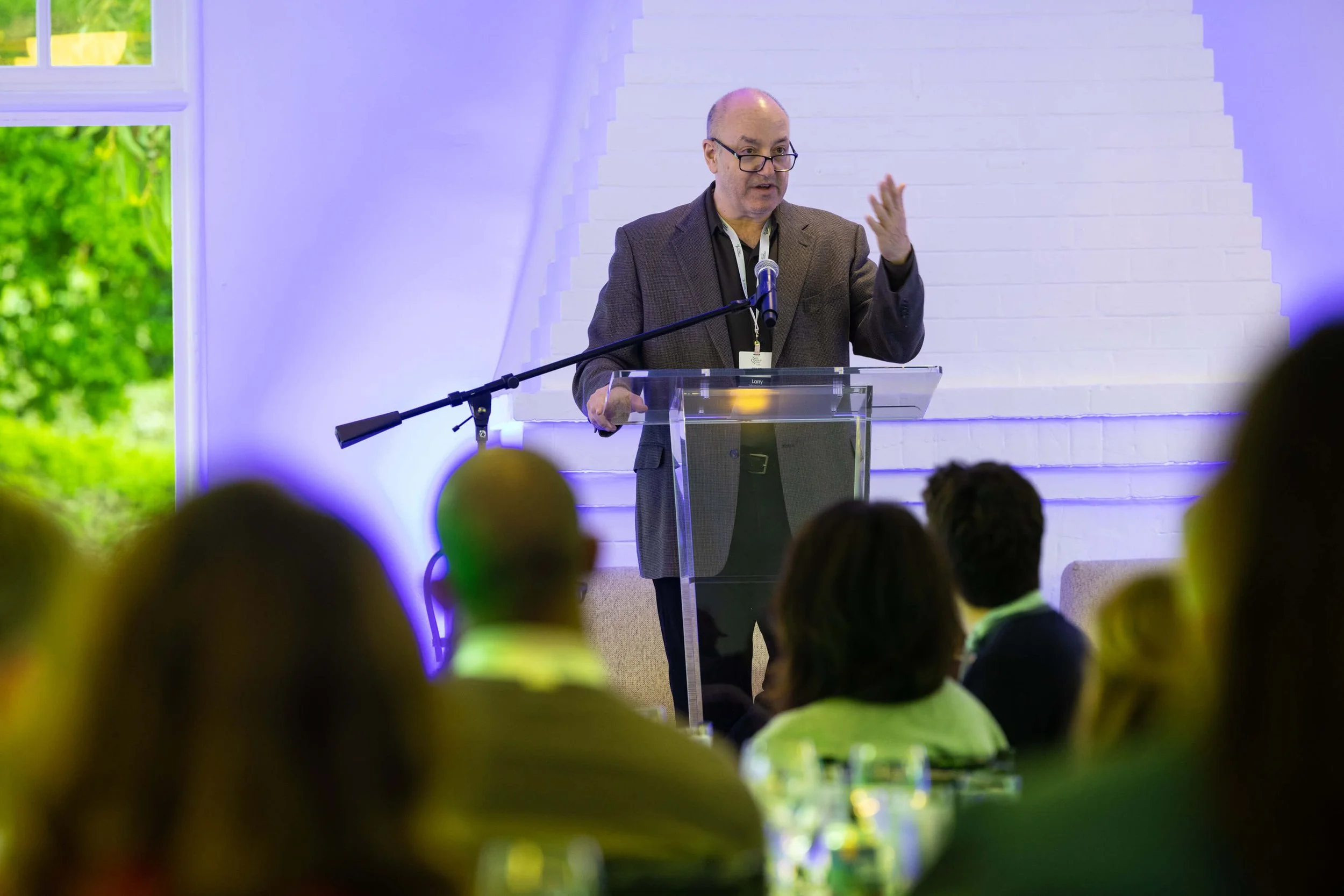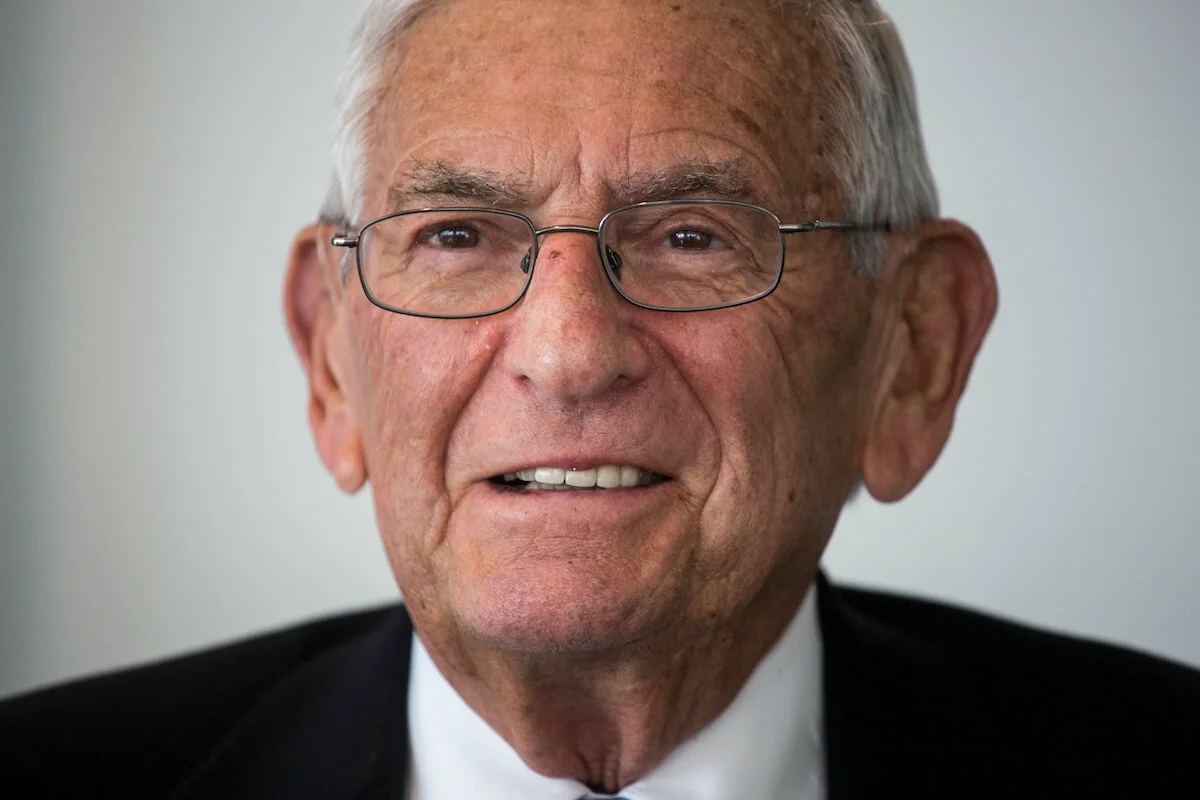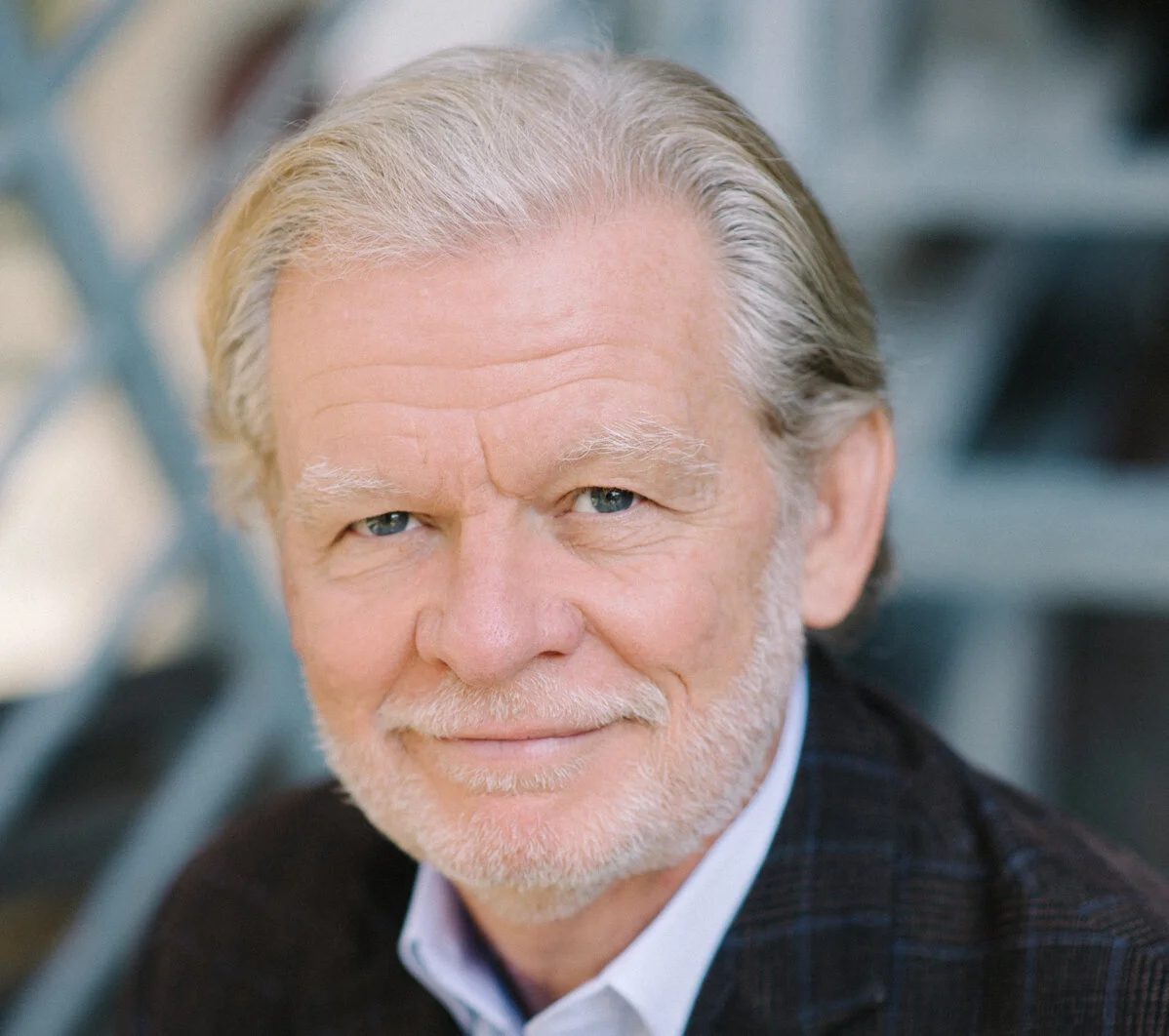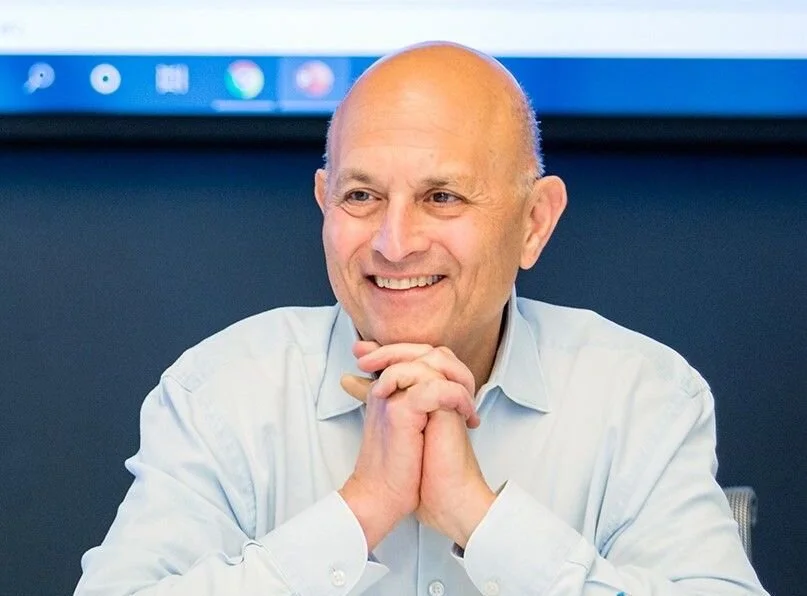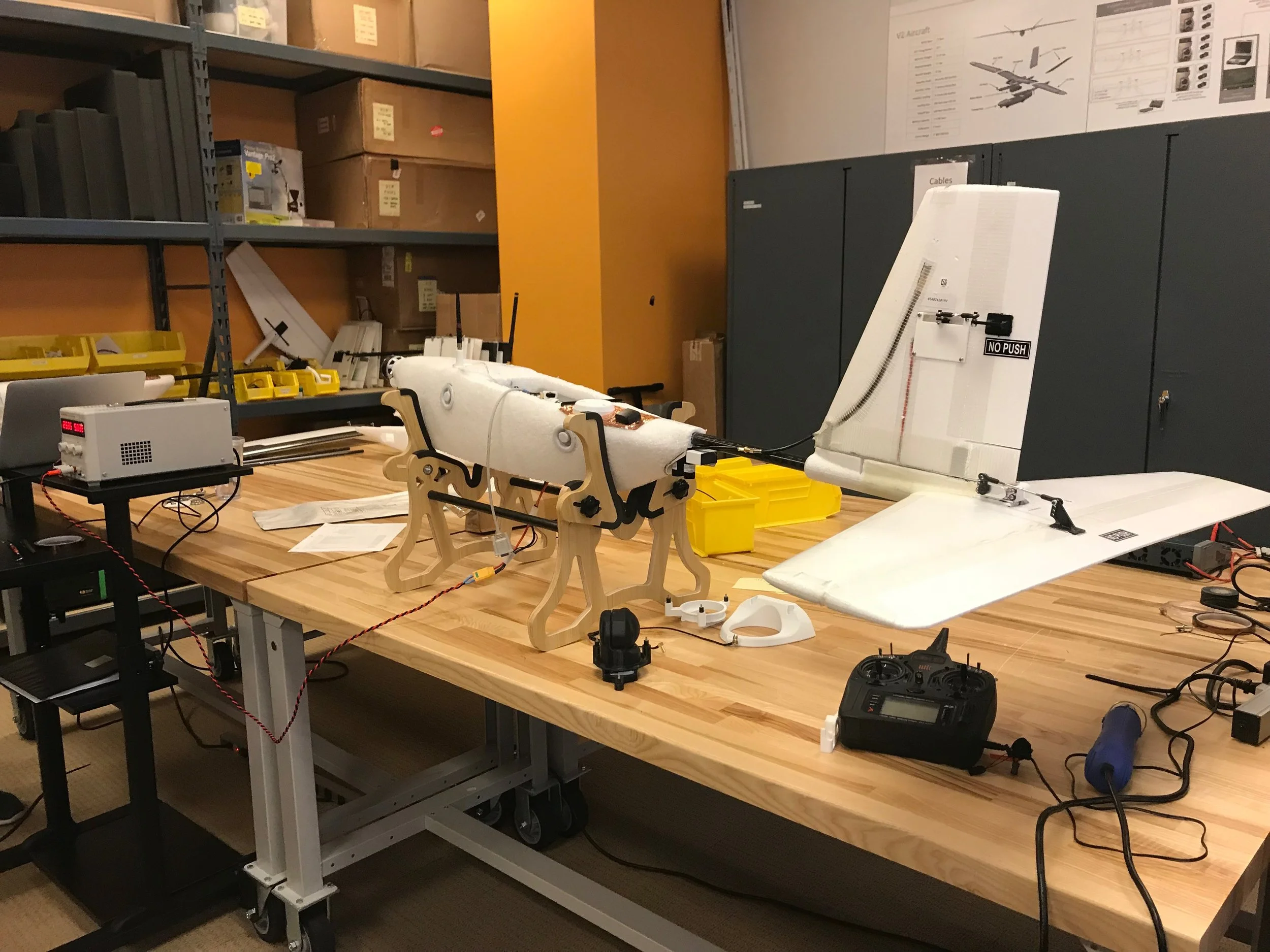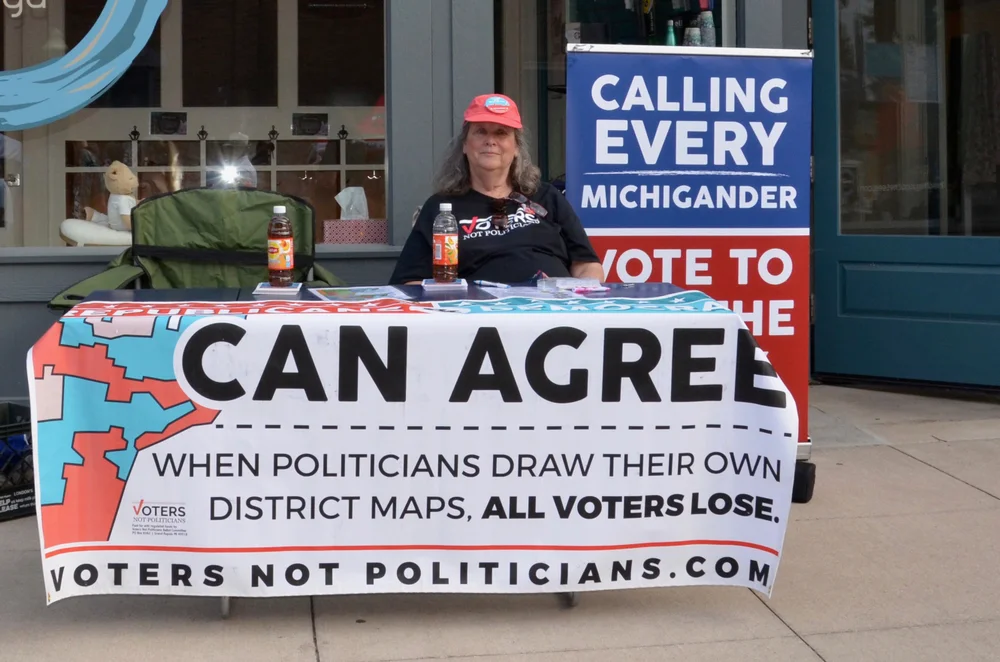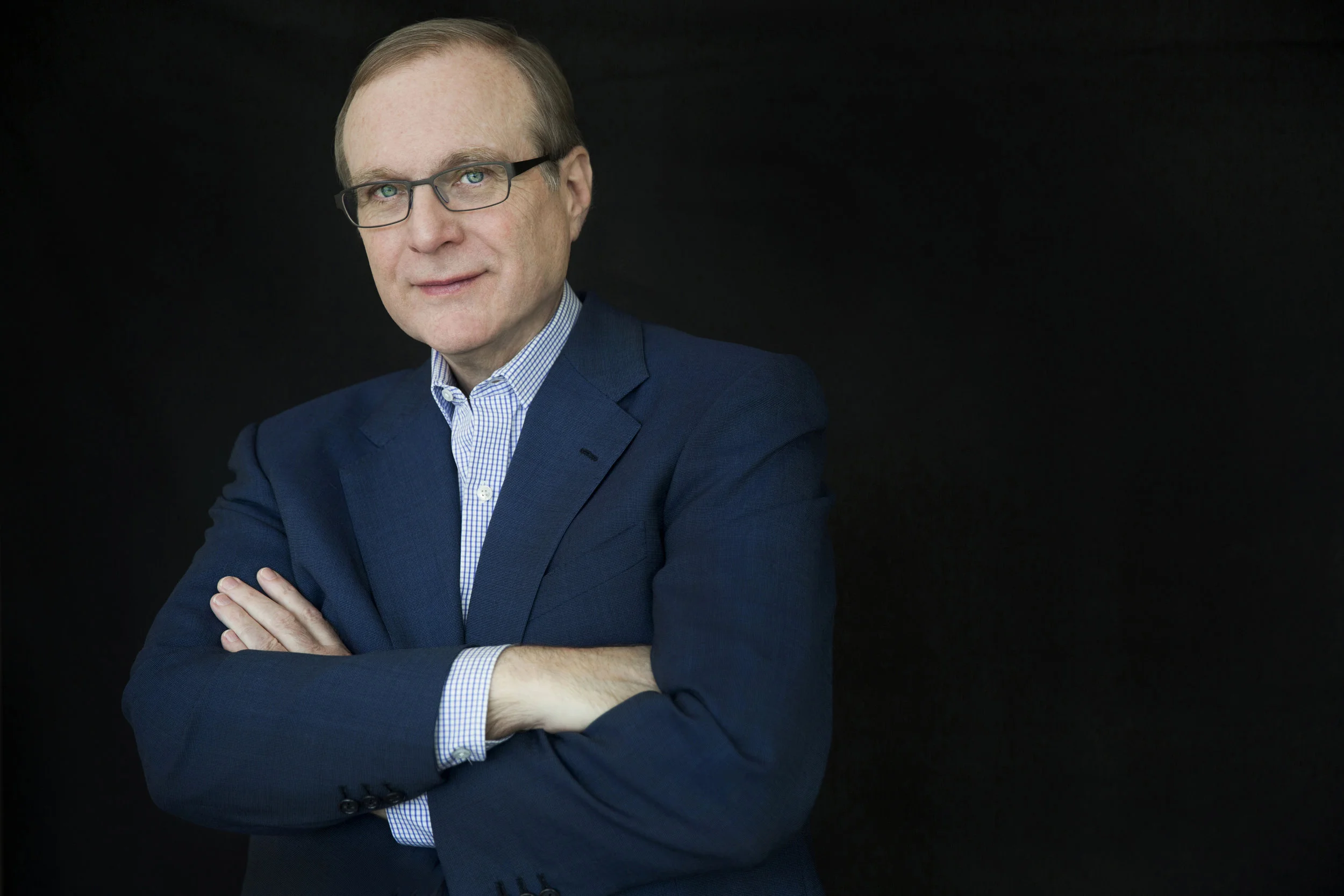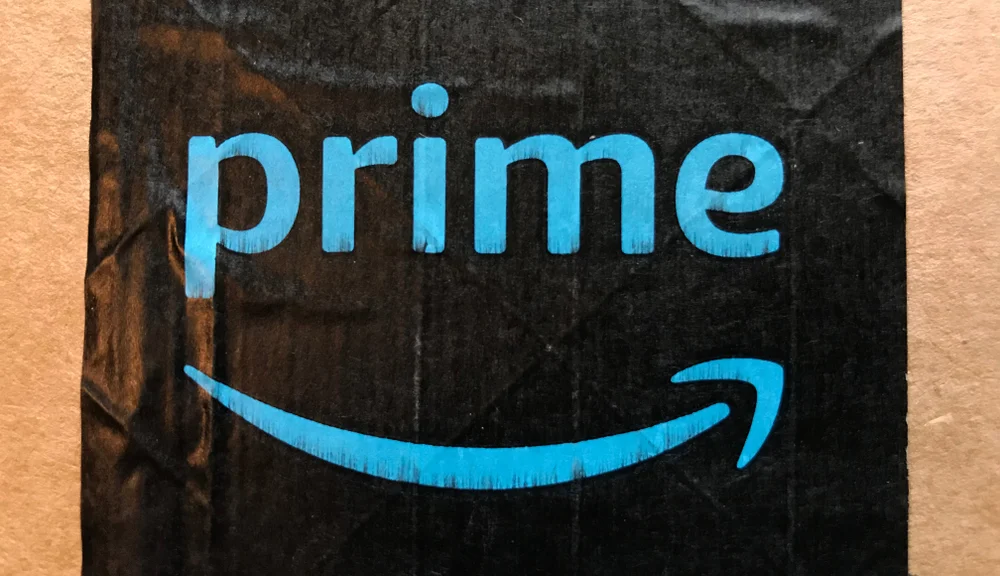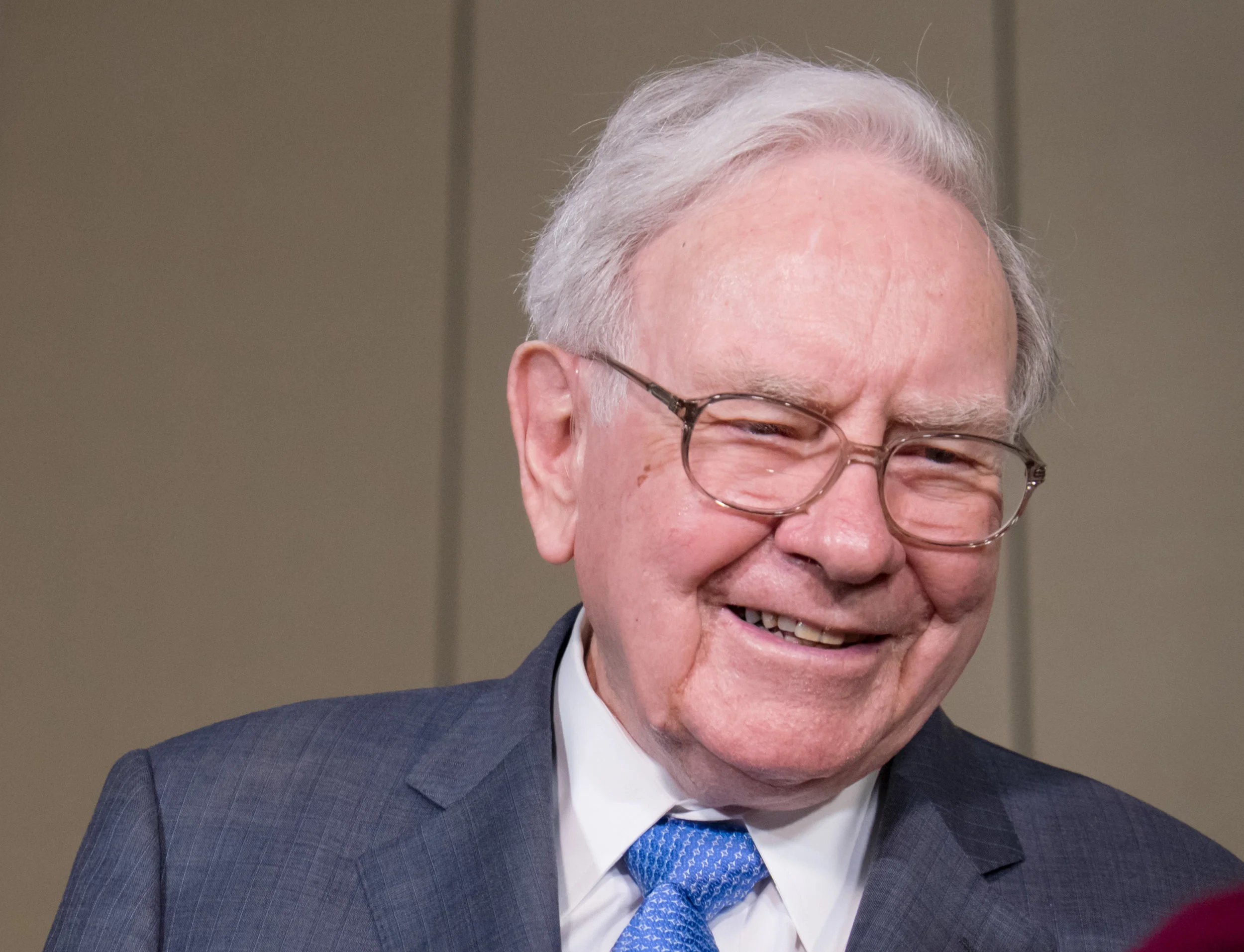What Is Philanthropy Doing to Challenge the Power of Tech Giants? What Can It Do?
/Apple's new headquarters. photo: Uladzik Kryhin/shutterstock
The power of big tech companies—and the potential abuse of that power—is “unlike any set of threats that we have ever had to face as a society.”
So says Barry Lynn, the founder and director of Open Markets, an independent project founded to raise the alarm about the dangers of monopolization and protect democracy from extreme concentrations of economic power.
Lynn has had what he calls a “pretty wild ride” since early September, when he and his staff were ejected from the New America Foundation, the think tank that had hosted Open Markets for many years.
Lynn said the team was asked to leave New America after Google’s Eric Schmidt, a longtime supporter of the organization, had complained to the foundation's president and CEO, Anne-Marie Slaughter, about a statement Lynn had released praising a $2.7 billion penalty levied against Google by the European Union for antitrust behavior. Slaughter said the relationship with Open Markets ended because of Lynn’s lack of collegiality.
This episode, which I wrote about at the time, blew up into a huge international news story—at least by the standards of the sleepy worlds of think tanks and philanthropy. The storyline of a giant tech company trying to squelch one of its critics dovetailed with a rising sense of apprehension about the power of a handful of Silicon Valley firms—Google, Facebook, Amazon, Microsoft and Apple (or the “Frightful Five,” as they’ve been called)—to shape ever more aspects of life in the U.S. and around the world.
Related: Compromised? The Problem of Corporate Funding for Think Tanks
These companies don’t just “control the information flow in our society,” says Lynn. They also increasingly control the flow of commerce. Lynn drew a parallel between an earlier era of tech monopoly threats, when Microsoft was sued by the federal government, and today. “These companies have power that Microsoft could not have imagined,” he says.
Google and the other giants are also keenly aware that Microsoft ended up embroiled in an antitrust suit for years. They are determined to avoid that fate, and one of their strategies, says Lynn, is to use political and philanthropic contributions to curry favor, co-opt potential critics, and—when push comes to shove—silence critics.
In Lynn’s case, Google’s alleged effort to muffle a dissenting voice badly backfired. Since news broke of Open Market’s ouster from New America, Lynn said that he and his team have received a huge amount of “outreach and support,” including from lawmakers of both parties on Capitol Hill. Democratic Senator Elizabeth Warren, already a supporter of Open Market’s work, raised questions about Google’s conduct in the case. Republican Senator Orin Hatch spoke out on the Senate floor about the dangers of monopolization, mentioning the work of Lynn and Open Markets.
The other thing that’s happened in the six weeks since the New America flap is that public discussion about big tech has tilted in a much more critical direction. Amid a drumbeat of revelations about Russia using the top tech platforms to interfere in the 2016 election, there’s a new sense that these entities have run out of control—and that even their own leaders, like Mark Zuckerberg, can’t tame the algorithm-driven machines that they have created.
This Frankenstein moment is creating a new political opening for a bipartisan push for stronger antitrust policies, which Hatch has said is one of the only areas of regulation where Democrats and Republicans can actually agree.
The changed climate also opens new possibilities for philanthropy. By and large, private funders have paid little attention to the growing dangers posed by monopolization or big tech specifically. Lynn’s shop is one of the few outfits around that’s been working this problem, and raising money has not always been easy. A handful of foundations have supported this work, including Nathan Cummings; many others have taken a pass when Lynn has coming knocking.
Lynn has said that conversations over the years with funders have petered out, as requests moved up the chain and there turned out “not be an appetite” at the very top of grantmaking institutions.
Will funders start moving bigger money now for antitrust work? Lynn—who is camped out at a WeWork in Washington with a staff of eight—is hopeful, citing the huge new demand for Open Markets’ research and analysis. After years of laboring in obscurity, the small cadre of policy wonks and activists worried about monopoly are finally getting traction. Lynn is looking to expand the staff of Open Markets to seize the moment and build it into a freestanding organization with more capacity to take on the most powerful companies in the world.
But it’s not clear how quickly he’ll be able to do that, or whether similar work elsewhere will be boosted by new infusions of funding. “There hasn’t been a flood of support in the six weeks since going independent,” he says. “It takes a while for people to process information in the foundation world. These are big ships; they don’t move nimbly.”
Lynn is right that philanthropy can be slow to jump on new opportunities. And given all the fires funders are fighting in the Trump era, there’s not a lot of spare bandwidth right now to do battle on new frontiers.
The other problem is that progressive-minded funders tend to ignore the critical high ground of economic regulation. Even as conservative funders have invested for decades in shaping the rules that govern commerce, as well as monetary and fiscal policy, liberal and centrist funders have focused more narrowly on issues and causes. These grantmakers have never backed the kind of high-powered policy expertise on regulation that has long existed at places like AEI, Cato and Heritage.
Yet in this new moment, efforts to challenge the growing concentration of economic power has the potential to rally more funders as awareness grows that addressing this problem is a key to tackling a range of other challenges. Whether you care about the environment, labor rights, community development or other issues, it’s going to be harder to achieve your goals in an America dominated by monopoly firms.
As it turns out, the leaders in U.S. society that are most aware of the dangers of concentrated economic power are those who lead—or invest in—smaller companies that are finding it hard to get a footing in an anti-competitive landscape where “there’s no blue sky left,” as Lynn puts it.
Two decades ago, smaller tech companies joined together to push the U.S. Justice Department to prosecute Microsoft for antitrust practices. But while today’s embattled minnows could be a great source of funding for policy work that goes after the whales, Open Markets does not take money from business donors. And in fact, one of the problems that Lynn sees is that so many think tanks and universities are now getting grant money from private companies. This money talks, in ways both subtle and not-so-subtle. “Google was not a huge part of funding for New America, but it really affected how the institution operated,” Lynn says.
In July, the Wall Street Journal published an investigation into Google’s philanthropy that said, “Google operates a little-known program to harness the brain power of university researchers to help sway opinion and public policy, cultivating financial relationships with professors at campuses from Harvard University to the University of California, Berkeley.” The article said that the company had financed hundreds of research papers “that defend against challenges to its regulatory dominance.”
In other words, when it comes to philanthropy and the power of big tech, the challenge going forward is two-fold: First, finding new resources for anti-monopoly work; and second, preventing corporate funders from co-opting or silencing their critics in civil society.


